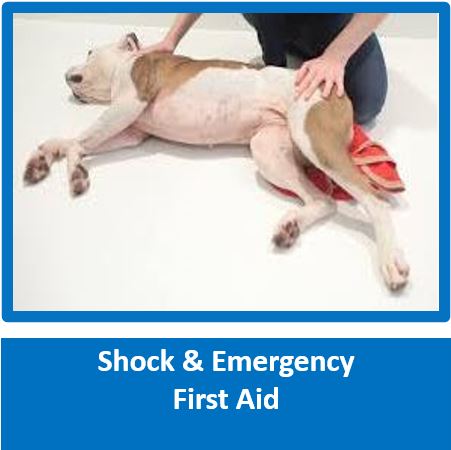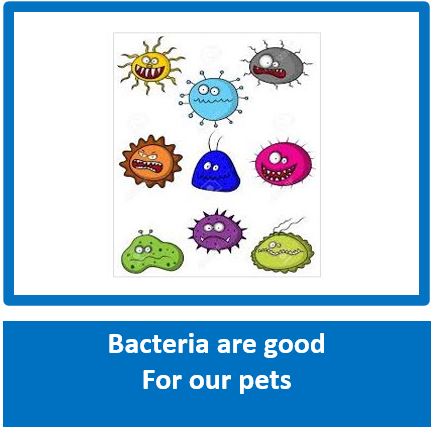
Accidents are just that ..accidents. Do ensure that you have pet insurance for when an accident does occur, so that you can get your pet the veterinary assistance it needs. Veterinary expenses, depending on the seriousness can become very costly. We have 5 excellent plans for you to see which would suit you the best. Have a look at our website www.genricpet.co.za and don't hesitate to get in touch if you have any questions. www.genricpet.co.za
Birch Sugar and Birch Sap - Xylitol but with different names!
by Scotty Valadao - Friends of the Dog - Canine Behaviourist
by Scotty Valadao - Friends of the Dog - Canine Behaviourist

First of all, exactly what is Xylitol? Although Xylitol sounds like something that is man made in a laboratory or similar, it is actually sugar alcohol, that occurs in many fruits, veggies and plants, the most commonly known sources are from the bark of birch and beech trees, the bark of the birch being the most common – hard to believe that these beautiful trees can contain something that is so toxic to our dogs and can also affect both cats and ferrets.
According to ASPCA, birch trees can be toxic if your dog chews on the bark, but not lethal, as it is in the concentrated form. Before planting any trees or plants in your garden, do ensure that they are pet friendly – there are many popular plants that are toxic to dogs that we are not always aware of.
Why are Xylitol, Birch Sugar and Birch Sap toxic to dogs?
Even consuming one small amount of this product can result in dangerously low blood sugar levels in dogs, or hypoglycaemia, which requires immediate veterinary attention, and can unfortunately be fatal - it does not have the same effect on humans.
Dr. Camille Torres-Henderson, who is a veterinary nutritionist at Colorado State University’s Veterinary Teaching Hospital says that as dogs have more sweet receptors in their taste buds, they tend to be more interest in products containing xylitol than cats and ferrets.
What are the symptoms?
The common signs of xylitol toxicity, according to Colorado State University include below and depending on the amount consumed, the liver can also be damaged, but may not show until after a few days
Products that normally contain xylitol that are labelled ‘sugar free or safe for diabetics’:
Immediate vet visit and ensure that the receptionist knows that an emergency. If you are not sure, rather err on the side of safety and take the packet, showing the ingredients with you. If it is chewing gum for example, and you do not have the packet, still take your dog to the vet. There may not be symptoms, but as a safeguard, the vet may induce vomiting.
We are all mostly aware of Xylitol as a product to be avoided when we are checking labels, but from now on, please check for Birch Sugar and Birch Sap as well – may sound healthy, but it’s not – it can kill – avoid anything that is ‘sugar free, or safe for diabetics’ as a safeguard.
According to ASPCA, birch trees can be toxic if your dog chews on the bark, but not lethal, as it is in the concentrated form. Before planting any trees or plants in your garden, do ensure that they are pet friendly – there are many popular plants that are toxic to dogs that we are not always aware of.
Why are Xylitol, Birch Sugar and Birch Sap toxic to dogs?
Even consuming one small amount of this product can result in dangerously low blood sugar levels in dogs, or hypoglycaemia, which requires immediate veterinary attention, and can unfortunately be fatal - it does not have the same effect on humans.
Dr. Camille Torres-Henderson, who is a veterinary nutritionist at Colorado State University’s Veterinary Teaching Hospital says that as dogs have more sweet receptors in their taste buds, they tend to be more interest in products containing xylitol than cats and ferrets.
What are the symptoms?
The common signs of xylitol toxicity, according to Colorado State University include below and depending on the amount consumed, the liver can also be damaged, but may not show until after a few days
- Vomiting
- Overall weakness
- Collapse
- Seizures
- Uncoordinated gate.
Products that normally contain xylitol that are labelled ‘sugar free or safe for diabetics’:
- Peanut butter
- Various chocolates and deserts
- Ice Cream
- Chewing gum & BreathMmints
- Various human products such as mouthwash
Immediate vet visit and ensure that the receptionist knows that an emergency. If you are not sure, rather err on the side of safety and take the packet, showing the ingredients with you. If it is chewing gum for example, and you do not have the packet, still take your dog to the vet. There may not be symptoms, but as a safeguard, the vet may induce vomiting.
We are all mostly aware of Xylitol as a product to be avoided when we are checking labels, but from now on, please check for Birch Sugar and Birch Sap as well – may sound healthy, but it’s not – it can kill – avoid anything that is ‘sugar free, or safe for diabetics’ as a safeguard.




